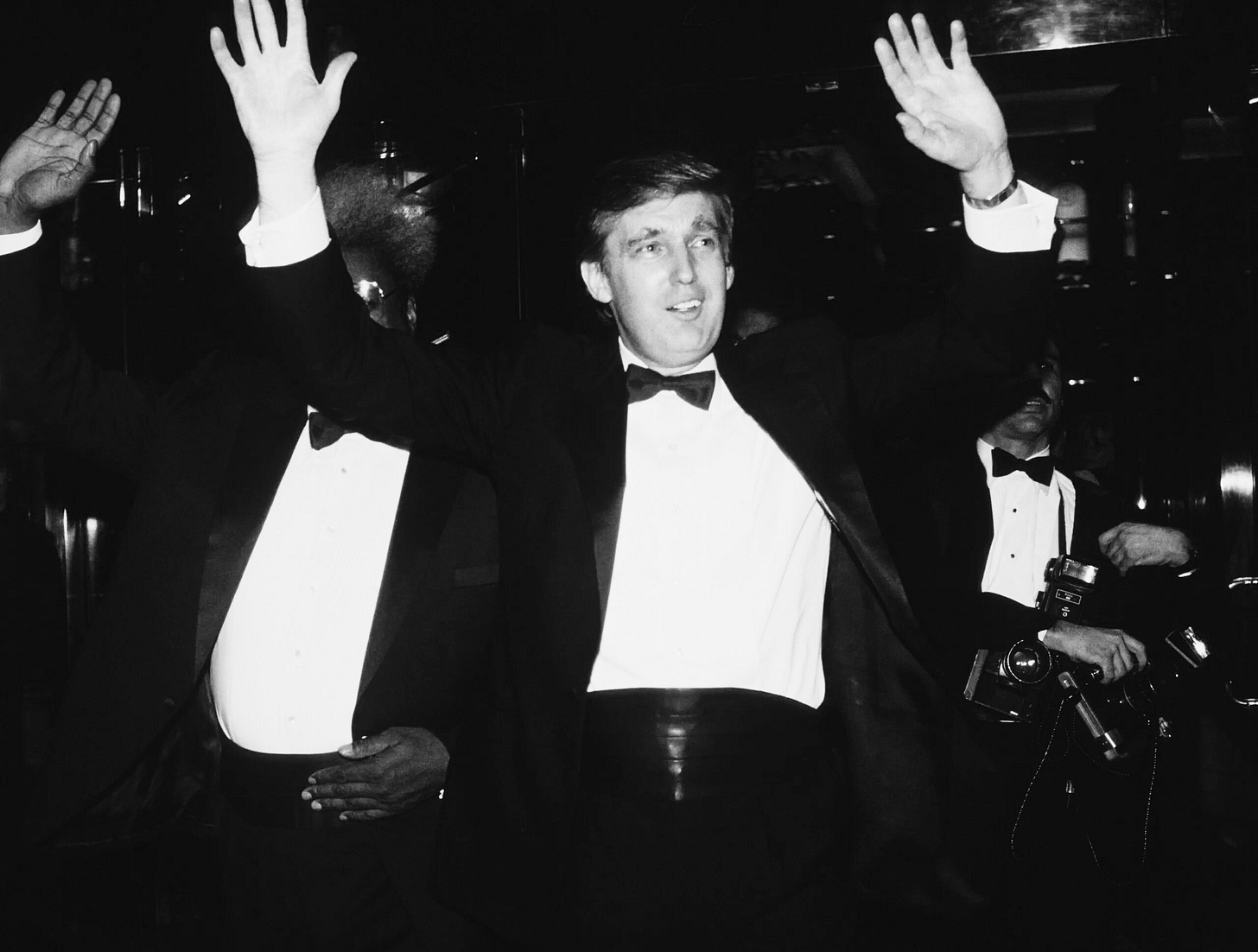Neoliberalism killed freedom with economic precarity. The destruction of shared prosperity soon threatened all, the most rational of whom realised that work was the only thing that kept them from falling into oblivion. People understood that they had two choices. Either they could move with the decline. They could watch their welfare recede as the society around them became ever richer. Or they could take individual responsibility for their destiny. They could look at their mind and body, and see how they could exploit their talents to keep themselves amongst society’s winners. They could view themselves as human capital and become ‘an entrepreneur of themselves.’ They could learn to shackle their education, future and being to the idea of ‘utility maximisation.’ They could invest in themselves and reap the rewards, both economic and existential—just as Gary Becker’s theories encouraged.1
Afraid of failure, for the shame and poverty it might bring, another injunction soon took hold of the neoliberal imaginary: ‘Manifest your potential!’ It was a command they heard in their schools, universities and workplaces. Propelled by a mix of fear and narcissistic desire, people began to scramble for education, demanding more and more even while prices rose, so they could maximise the returns on their self-exploitation. The philosophies of Buddhism, Nietzsche, Karlfried Dürckheim and Viktor Frankl proved useful to these people who sought ideologies to justify the culture of achievement. Abraham Maslow’s ‘hierarchy of needs’ became a trope central to business education worldwide, too, for it encouraged people to see self-actualisation as the pinnacle goal of human life. Books like Trump’s The Art of the Deal and Tony Robbins’ Unlimited Power also became bestsellers as people sought to remodel themselves after these men who had become one with their society’s ideals. As the New York Times wrote in their review of the book: ‘Mr. Trump makes one believe even for a moment in the American dream.’ ‘It’s like a fairy tale,’ they concluded.2

The libidinal energies liberated by the bomb fuelled this narcissistic process. No longer attached to the grand ideas of God or revolution, people were free to redirect their passions towards their ego-ideals. They invested their future with love as they had done with their money. Driven by fear and egotism—by the terror of falling, alone, into the lower reaches of a society left behind by neoliberalism and by the narcissistic passion for achievement—people raced towards idealised futures, filled with dreams of individual success. Yet as they rushed toward our potential, they learned that there was unfreedom within freedom. They learned they could lose everything unless they conformed to expectations of what we should become—an ‘ability machine,’ producing output at the highest efficiency.
References
Foucault, M. (2008) The Birth of Biopolitics: Lectures at the Collège de France, 1978-79. New York, Palgrace Macmillan.
Han, B.-C. (2015) The Burnout Society. Stanford, CA, Stanford University Press.
Footnotes
See The Birth of Biopolitics: Lectures at the Collège de France, 1978-79 by Michel Foucault, and The Burnout Society by Byung-Chul Han.
https://www.newyorker.com/culture/personal-history/editing-donald-trump






